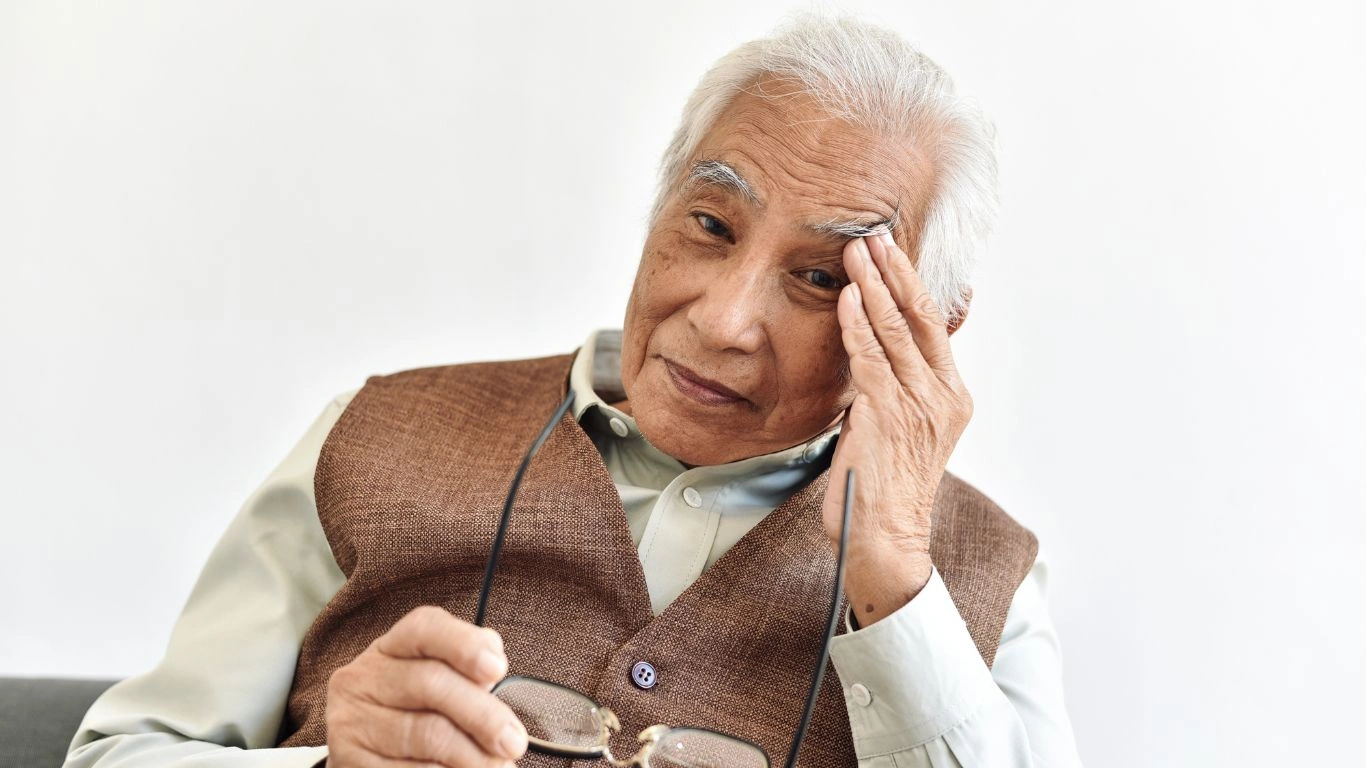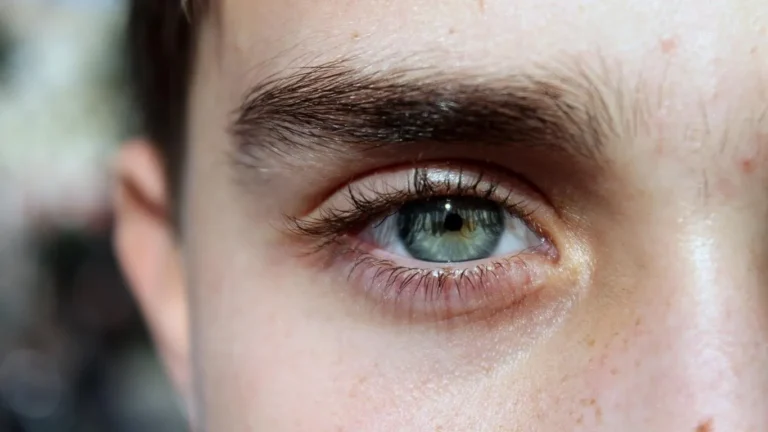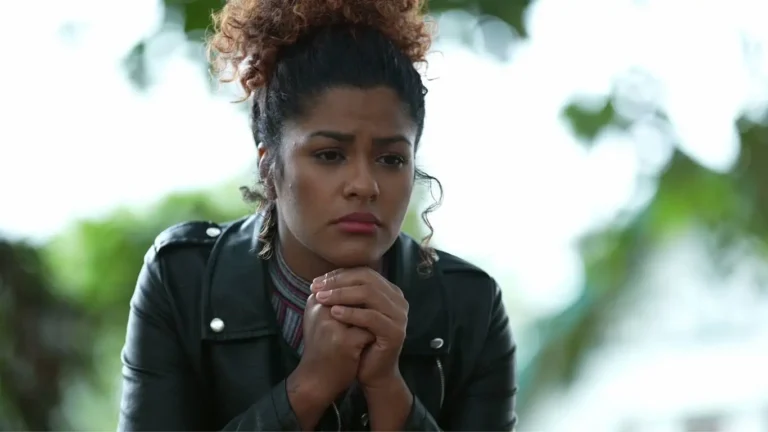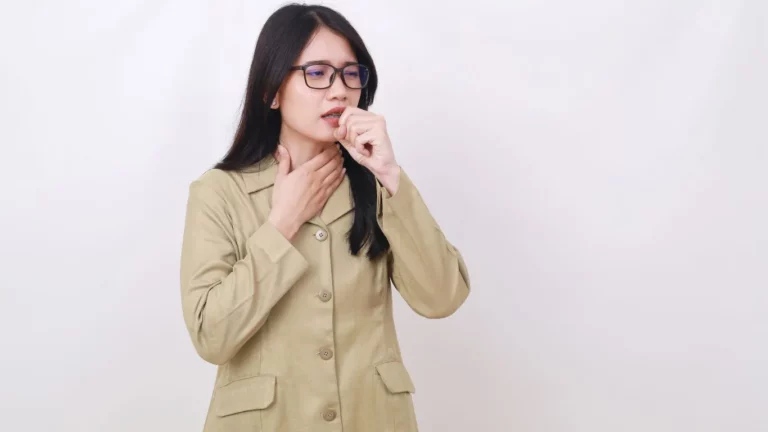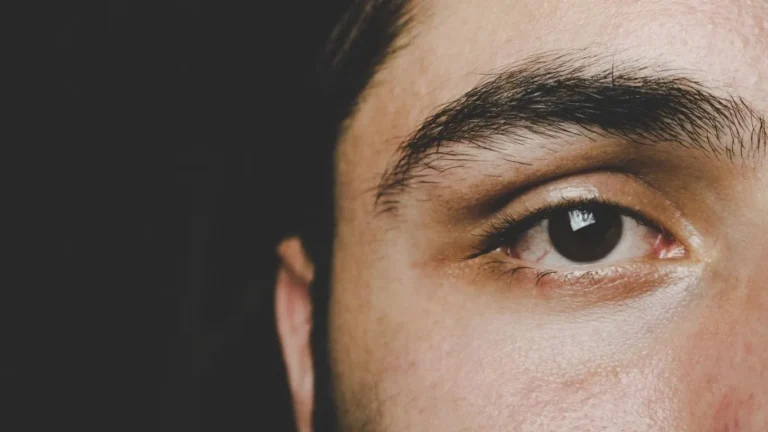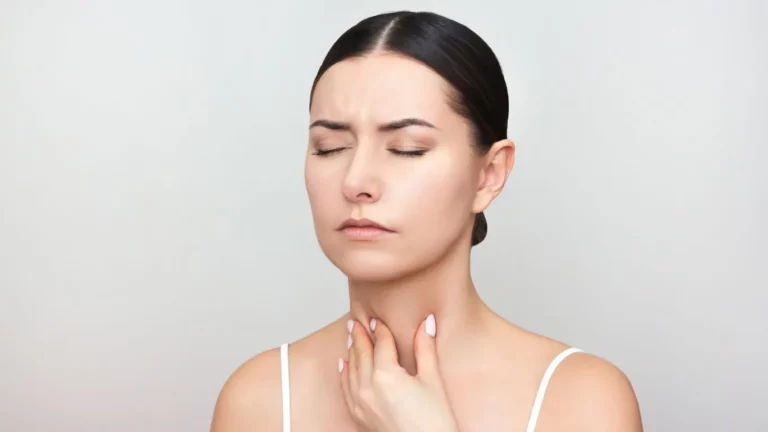High Blood Pressure and Frequent Urination at Night: Hidden Signs You Can’t Ignore
If you’re dealing with high blood pressure and frequent urination at night, you’re not alone—and it’s more connected than most people realize. As an internal medicine physician who’s spent years managing hypertension, I’ve seen this combo show up more times than I can count. It often surprises folks when they come in for high blood pressure management and casually mention, “Oh, and by the way, I’ve been waking up to pee three or four times a night lately.” That’s not just a side note—it’s a clue. And understanding what your body’s telling you can change how you approach both problems.
What’s Really Going On? High Blood Pressure and Frequent Urination Explained
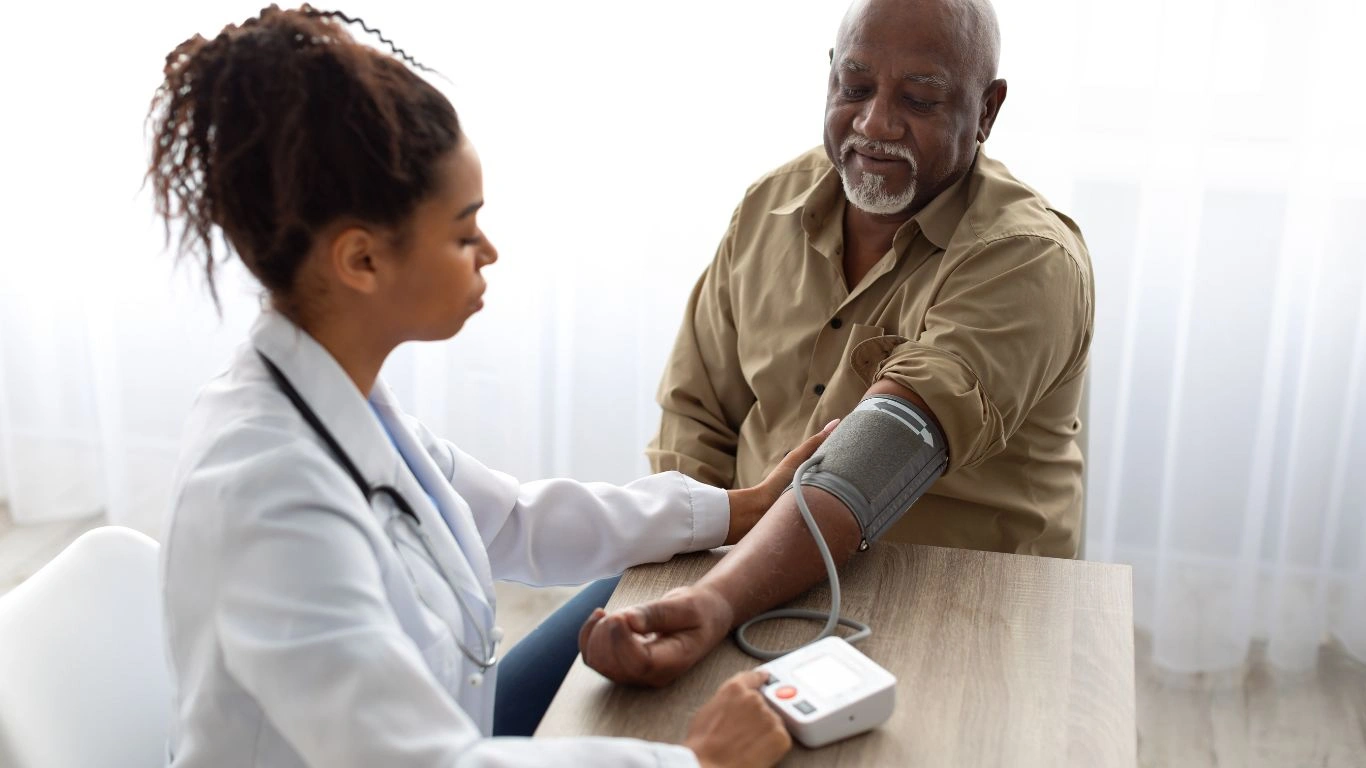
Let’s Talk Physiology (But Keep It Simple)
Okay, so here’s the deal. Your kidneys are basically like little filtration machines. When blood pressure is too high, it puts stress on them. Over time, this can change how they function—especially how they handle fluids. When they’re not working quite right, guess what? Your body starts telling you to pee. A lot. Especially at night.
Now, it’s not always the kidneys’ fault. Sometimes, it’s the blood pressure meds doing their job a little *too* well—like diuretics (“water pills”) that intentionally push your body to lose fluid. But even without medication, there’s a strong link between the two issues. I’ve had patients who only started waking up multiple times at night after their blood pressure crept up past 140/90.
Nocturia: More Than Just a Bladder Issue
Frequent urination at night—what we call nocturia—can feel like a minor annoyance, but it’s often a red flag. For folks over 40, waking up once in the night might be normal. But if it’s happening two or more times regularly? It’s time to dig deeper.
- Is your heart working overtime? Congestive heart failure and uncontrolled hypertension can cause fluid buildup that redistributes at night.
- Kidneys under pressure? Literally—chronic high blood pressure can damage nephrons, leading to changes in how your body balances fluids.
- Hormones playing a role? Elevated blood pressure alters antidiuretic hormone (ADH) levels, impacting when and how much you urinate.
How I Spot the Connection in My Clinic
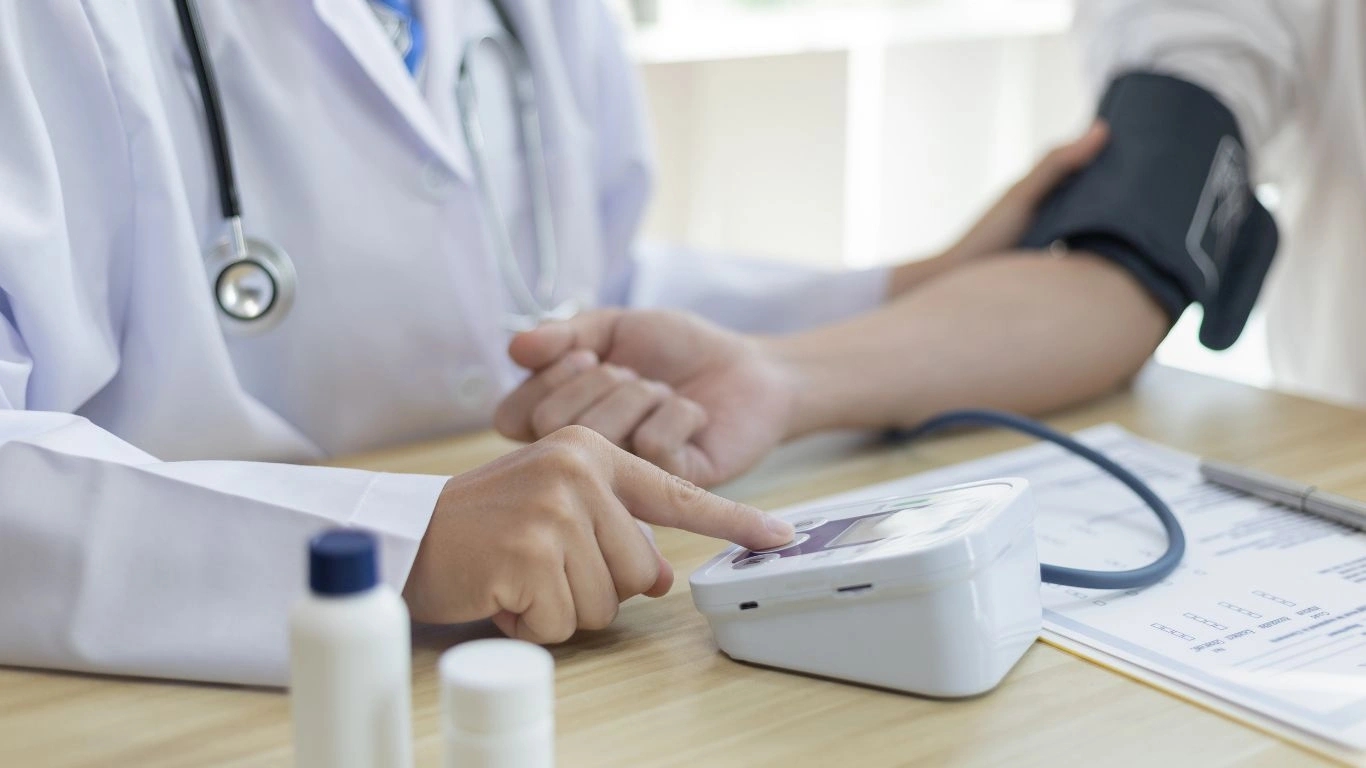
Patient Clues I Never Ignore
There are patterns I’ve learned to look for. When a patient tells me they’re waking up to urinate but they’re not drinking tons of water before bed, that’s a red flag. Especially if they’re also complaining of fatigue, mild swelling in the ankles, or headaches in the morning. That combo screams “fluid overload,” which might be coming from elevated blood pressure—or a sign that blood pressure isn’t being managed effectively.
In some cases, I’ve picked up early-stage kidney dysfunction just from patients casually mentioning night-time bathroom trips. It might seem like nothing, but in the context of hypertension, that little symptom often opens the door to earlier diagnoses—and better outcomes.
The Medication Factor
We can’t talk about this topic without addressing meds. Some of the most common blood pressure meds—like hydrochlorothiazide or furosemide—can make nocturia worse if taken at the wrong time. If you’re taking them in the evening, you might be setting yourself up for a night of frequent bathroom visits.
Pro tip from my clinic: I usually recommend taking diuretics in the morning, unless there’s a very specific reason not to. It makes a noticeable difference in quality of sleep—and compliance.
Real-Life Case: It’s Not Just the Blood Pressure

John’s Story (Name Changed for Privacy)
Let me tell you about a patient—we’ll call him John. He was in his late 60s, relatively active, came in mostly to check on his “borderline” blood pressure. During our visit, he mentioned waking up three times a night to pee. “Annoying,” he called it. But something felt off. His creatinine levels were slightly elevated, and a urine microalbumin test showed early signs of kidney strain.
Long story short: his blood pressure wasn’t as well-controlled as he thought. We adjusted his medications, moved his diuretic dose to morning, and within weeks, the nighttime bathroom trips dropped to just once per night. More importantly, we caught kidney changes early, which gave us time to slow progression.
So, What Can You Take From This?
If you’ve got high blood pressure and you’re finding yourself up at 2 a.m. (and again at 4 a.m.), it’s not just age. It’s not just your bladder. It might be your heart, your kidneys, or your meds talking to you in the only way they can.
And if you’re my patient, I’d probably be asking questions like:
- How often are you waking up to urinate?
- When are you taking your blood pressure meds?
- Any swelling in your ankles or shortness of breath lately?
- How’s your energy during the day?
These seemingly small things give us a bigger picture. And from there, we can start making real improvements—not just with your numbers, but with how you feel every single day.
How Lifestyle Habits Fuel the Cycle
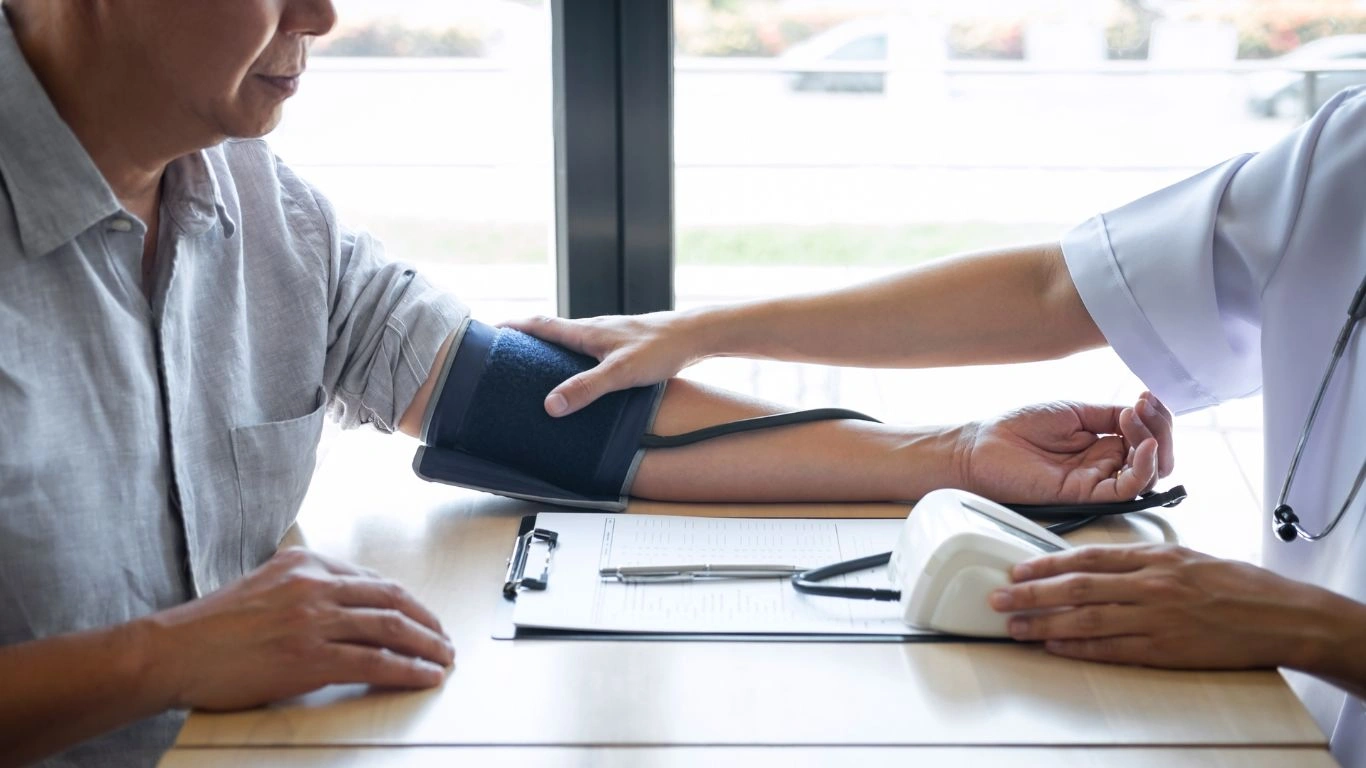
It’s Not Just About Salt (But Yeah, That Too)
When we’re talking about managing both high blood pressure and frequent urination at night, lifestyle tweaks can’t be overstated. I can’t count how many patients have come in thinking they were doing “mostly okay” with diet—until we take a closer look. Salt, of course, is a huge player here. But it’s sneaky. Even so-called “healthy” soups and sauces can have sky-high sodium levels that push your BP up and get your kidneys working overtime at night.
I’ve had patients keeping food logs for just a week and realizing, “Wow, I had no idea I was eating that much sodium.” The body tries to get rid of the extra fluid, and when does it do that best? You guessed it—at night, when you’re finally resting.
Hydration Timing Matters More Than You Think
This one’s interesting—people with hypertension often think they need to cut back on fluids completely to stop the nighttime bathroom trips. But that’s not really the move. It’s when and how you hydrate that matters more than the total volume.
My tip from years in clinic: front-load your water intake earlier in the day. Try to get most of it in before 6 PM. That gives your kidneys time to clear it during the day, and you’re less likely to wake up needing to pee at 2 AM.
Hidden Caffeine and Alcohol Effects
Caffeine is a diuretic. Alcohol is too. And both can spike your blood pressure, especially if you’re sensitive. I had a patient once who couldn’t figure out why their nighttime urination suddenly increased. Turns out, they’d gotten into a habit of having dark chocolate and red wine after dinner—small indulgences, but they added up.
For anyone struggling with both BP and nocturia, I usually ask them to do a quick audit of their late-day routine. It’s amazing what we uncover—like that one cup of green tea that was supposed to be relaxing… but was actually setting off a 3 a.m. bathroom trip.
Tracking Your Patterns: What to Watch For

The Power of a Symptom Journal
This might sound old-school, but keeping a simple notebook—or even a notes app log—can help identify patterns you’d otherwise miss. When I work with patients dealing with these dual issues, I ask them to jot down a few key things:
- What time they go to bed and wake up
- How many times they urinate overnight
- When they take medications
- What and when they ate and drank in the evening
Within a week or two, trends almost always emerge. One woman I worked with realized her nightly bathroom wakeups were worse on nights she had a salty takeout meal—so simple, but eye-opening for her. That feedback loop helped us tweak her routine and get both her BP and sleep under control.
Home Blood Pressure Monitoring = Game Changer
Another key strategy I push for: get a reliable home blood pressure cuff. There’s a certain power in knowing your numbers outside of the clinic. Plus, nocturnal hypertension—when blood pressure stays high at night—is a real thing and often missed if we’re only checking during office hours.
I recommend measuring BP at different times of the day, especially in the evening before bed. Some patients even check it once if they wake up in the middle of the night. If readings are high during those times, it might explain why your kidneys are working overtime and increasing urine output.
The Overlap With Other Conditions You Shouldn’t Ignore

Sleep Apnea and Nocturia? Yep, That’s a Thing
Weird connection? Not really. I’ve picked up undiagnosed sleep apnea in more patients because of their nighttime urination than anything else. They’ll say something like, “I’m just a light sleeper” or “I always wake up at 3 a.m.” But what’s really happening is their oxygen drops during sleep, stress hormones kick in, blood pressure spikes—and the kidneys respond by producing more urine. Boom: another bathroom trip.
If I suspect this, I usually ask about snoring, daytime fatigue, or if their partner notices gasping during sleep. If the answers line up, a sleep study can change everything. Treating sleep apnea often improves both BP and nocturia.
Diabetes, Prostate Issues, and More
Of course, we can’t overlook other common culprits. Diabetes—especially when blood sugar is uncontrolled—causes excess urination. And for men, prostate enlargement (BPH) is often part of the puzzle. I’ve seen patients misattribute their symptoms to one thing, when really, it’s a combo.
This is why a holistic approach is key. When I see patients with high blood pressure and frequent urination at night, I always check kidney function, blood sugar, and do a basic prostate screen if needed. The goal is to catch these overlapping issues early—before they spiral.
Making Room for Rest: Why Sleep Quality Matters
Light Sleep = More Bathroom Breaks
Sleep isn’t just for rest—it’s for recovery. And when your sleep is constantly interrupted, your blood pressure may not “dip” the way it should overnight. That nighttime dip is normal and healthy. If it’s not happening, we call that non-dipping hypertension, and it’s tied to worse outcomes in the long run.
Funny enough, poor sleep and nighttime urination feed into each other. You wake up to pee, then can’t fall back asleep. Or your sleep is so light that even a small bladder signal wakes you up. Either way, it’s a cycle that needs breaking.
I always encourage patients to build a solid wind-down routine: dim lights, limit screens, avoid heavy meals late in the evening. Even small shifts—like meditation or magnesium supplements before bed—can make a big difference.
Strategies That Actually Work (And What I Recommend Most)

Medication Timing Makes a Huge Difference
By the time we get to treatment plans, I’m usually telling patients that *how* and *when* they take their medications matters just as much as what they’re taking. A big piece of the puzzle with high blood pressure and frequent urination at night is adjusting medication schedules to support better sleep and fluid balance.
If you’re taking diuretics (like HCTZ or furosemide), the timing is everything. I always push for a morning dose. Taking them later in the day practically guarantees you’ll be up during the night. For patients who need an evening antihypertensive (like an ACE inhibitor or ARB), I space it out well away from meals or bedtime fluids to limit its impact on sleep and kidney excretion patterns.
Tip from practice: Some of my patients do best on a split regimen—diuretic in the morning, BP control meds in the evening. It’s individualized, of course, but it’s something I always reassess when nocturia becomes a problem.
Blood Pressure Doesn’t Just Need to Be “Normal”
Here’s something not everyone realizes: even when BP readings look okay in the office, it doesn’t mean they’re okay at night. Nocturnal hypertension is a sneaky contributor to disrupted sleep and increased nighttime urination. I often suggest ambulatory blood pressure monitoring (ABPM) or home readings at varied times to uncover those hidden trends.
If someone’s pressure is spiking overnight, their kidneys will try to “offload” the volume—cue the bathroom trips. Adjusting medications to better support nighttime blood pressure dips can really change the game.
Integrative Approaches I Actually Trust
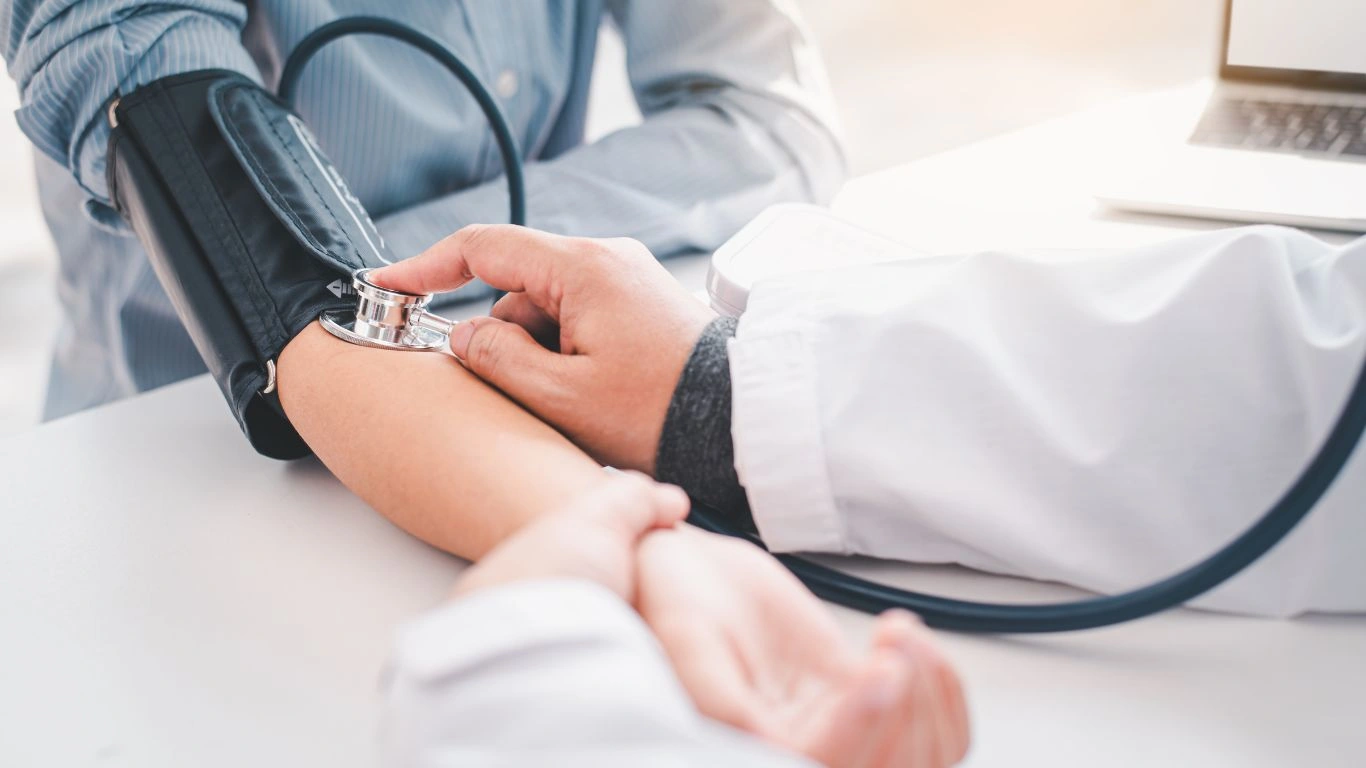
Magnesium, Herbs, and Mind-Body Support
I’m definitely science-forward, but I’m also realistic—many of my patients want to explore natural or integrative options. And honestly? There are some I do recommend. Magnesium glycinate, for example, has mild blood pressure-lowering effects, promotes muscle relaxation, and may help reduce nighttime awakenings. I’ve seen a noticeable improvement in patients who add it to their routine (especially those who also deal with leg cramps or poor sleep).
Herbal teas like hibiscus or chamomile can help too, but timing is key—earlier in the evening, not right before bed. The goal is to support the parasympathetic nervous system (that calming, rest-and-digest mode) without triggering fluid shifts late at night.
Mindfulness and Stress Reduction = Real Results
I know it might sound a little “woo” to some, but lowering stress actually helps reduce blood pressure and can indirectly reduce nocturia. Cortisol spikes—especially in the evening—can keep BP elevated and interfere with sleep quality. I often suggest simple mindfulness apps or breathing routines. Even five minutes before bed can make a difference.
And the data backs this up. There are multiple studies showing that stress reduction techniques help improve both systolic blood pressure and sleep disturbances. This isn’t fluff—it’s brain-body science.
When to Dig Deeper: Red Flags I Watch For
Symptoms That Deserve a Second Look
If a patient’s telling me they’ve suddenly gone from no nighttime urination to waking up three or four times—especially with elevated BP—I always dig deeper. Some of the red flags I watch for include:
- Unexplained weight gain or swelling in the legs
- Shortness of breath when lying flat
- Persistent fatigue despite “normal” labs
- Foamy or dark urine (could signal protein loss)
These could point to early kidney dysfunction, heart failure, or sleep-disordered breathing. Sometimes, even thyroid issues sneak into the picture. I’ll usually run a full metabolic panel, check urine albumin, and consider an echo or sleep study if the story fits.
Don’t Ignore “Mild” Symptoms
One of the biggest myths is that unless you’re having chest pain or dramatic symptoms, things are fine. But hypertension and kidney dysfunction don’t always shout—they whisper. That’s why these small signs, like nighttime urination, deserve a closer look. I’ve caught early-stage chronic kidney disease and even hidden arrhythmias in patients who came in for what they thought was just “bladder stuff.”
Empower Yourself with the Right Info
Reliable Sources I Trust
If you’re someone who likes to do your own research (like many of my patients), be careful where you look. Misinformation around hypertension and urinary symptoms is everywhere. These are my go-to trusted sources when patients want to dig deeper:
Stick to those, or bring anything you find into your appointment so we can go over it together. I love when patients are curious—it leads to better decisions, better results, and honestly, better conversations in the clinic.
Final Thoughts: It’s All Connected
This Isn’t Just About Bathroom Trips
When patients tell me they’re waking up to urinate multiple times, I don’t just write it off. It’s a signal—a sign that their body is trying to maintain balance under pressure (literally). High blood pressure affects every system, and the kidneys are right in the crossfire. So if you’re struggling with both, don’t ignore it. Addressing the root causes early makes a massive difference in long-term outcomes—and quality of life.
I’ve seen it time and time again. A few small shifts—moving your meds, checking nighttime BP, reducing sodium, adjusting hydration—can change everything. And no, you’re not just “getting older.” Your body’s giving you clues. Listen to them.
Because Better Sleep + Better BP = Better Everything
And honestly? There’s nothing better than hearing a patient come back and say, “I slept through the night for the first time in months.” That’s when I know we’re on the right track—not just for numbers on a chart, but for real-life, feel-better results.
Disclaimer: This article is for educational purposes only and is not a substitute for professional medical advice, diagnosis, or treatment. Always consult your healthcare provider regarding your specific health concerns.

Dr. Gwenna Aazee is a board-certified Internal Medicine Physician with a special focus on hypertension management, chronic disease prevention, and patient education. With years of experience in both clinical practice and medical writing, she’s passionate about turning evidence-based medicine into accessible, actionable advice. Through her work at Healthusias.com, Dr. Aazee empowers readers to take charge of their health with confidence and clarity. Off the clock, she enjoys deep dives into nutrition research, long walks with her rescue pup, and simplifying medical jargon one article at a time.

